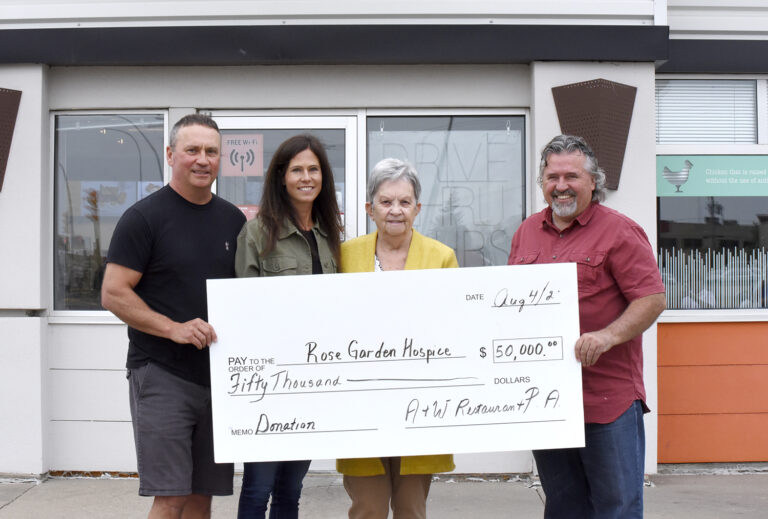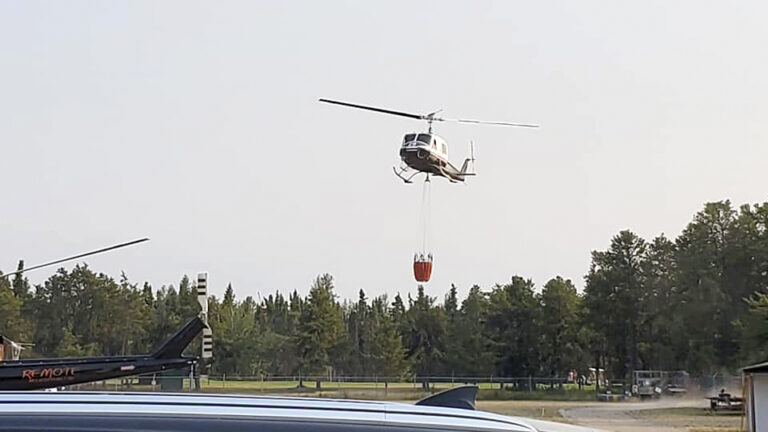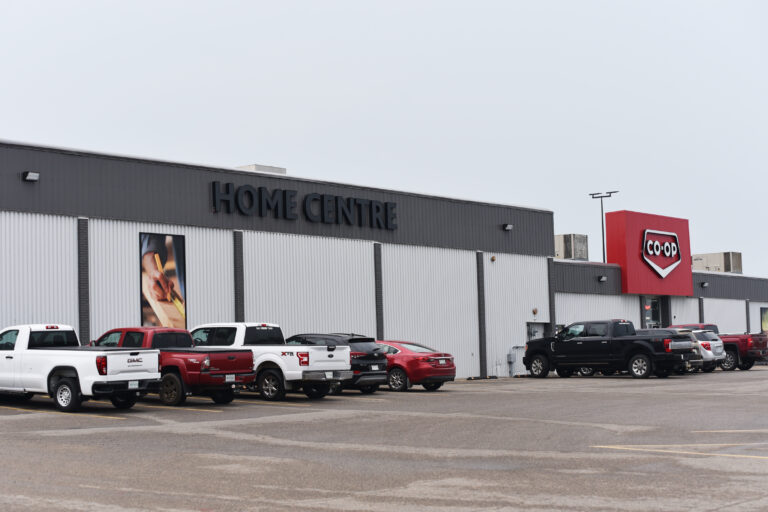By Susan McNeil/Prince Albert Daily Herald
The Rose Garden Hospice received another boost on their way to a $4 million fundraising goal with a $50,000 cheque from A & W Restaurants Prince Albert on August 4.
The restaurant raised about $25,000 by agreeing to donate $2 from every Teen Burger sold for a week in May, a week in June and another week coming up August 12-18. The restaurant owners contributing the rest.
“It’s just such a great community cause, to have a hospice, because we don’t have one in the community,” said Reg Fontaine, owner of A&W. “It’s meaningful to us personally.”
Fontaine’s older sister was a good friend of Rose Daschuk, whose death 14 years ago sparked the idea that Prince Albert needs end of life care services.
“It was one more motivation to get on board,” said Fontaine of the connection.
He said that the community always responds when needs are identified and that should be acknowledged along with other more localized supporters.
“We certainly can’t do anything without family support and without the support of the staff,” he explained. “Each and every one of them responded in so many ways to seeing us through our promotion over the last couple months.”
Businesses would call and order 20 Teen Burgers as a way to support the cause and many people came in asking specifically about the program in order to help out.
The response inspired the Fontaines to double the amount raised to $50,000.
“This is an incredible donation,” said Ralph Boychuk, a member of the Hospice’ fundraising committee. “The businesses that have been behind us have been so generous and this is another example of that generosity.”
A&W has been a partner from the start and still has a door open to further contributions.
“The Fontaine family that have owned this A&W for many years now, have really engaged in the project and we’re so thankful for their participation and definitely their contribution,” Boychuk said.
Construction on the hospice will start soon, with pilings going in the ground this week.
Boychuk anticipates that when the building starts becoming a physical reality, the donations will come in even quicker.
“There are stages to fundraising,” he explained. “You can go out and get the seed capital going for the project but people want to see it. In the end, it’s going to be visible in the next few days and then we can start to close the gap.”
As the word spreads, the public is starting to understand a little more about the unique services a hospice provides.
“It’s a completely different type of fundraiser. Normally you raise money for arenas, ball diamonds and those things,” Boychuk said. “This is end of life care. It’s not known to the Saskatchewan people and so the people are starting to understand the project.”
Canadian Tire will be matching the burger sale portion of the fundraising as well.
Susan McNeil is the Prince Albert Daily Herald civic affairs reporter. Se can be reached at susan.mcneil@paherald.sk.ca or 306-764-4276 ext. 230. His latest articles can be found at https://paherald.sk.ca/author-susanmcneil/.



